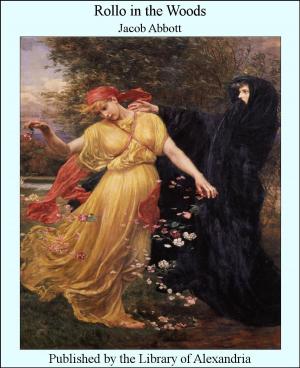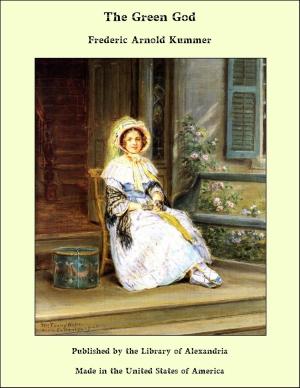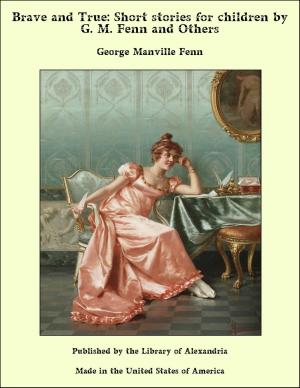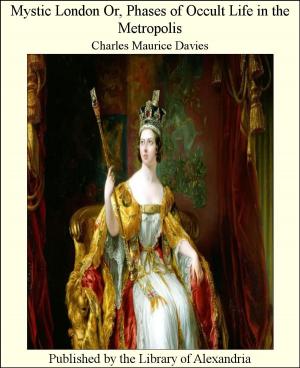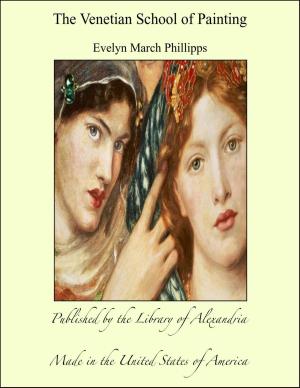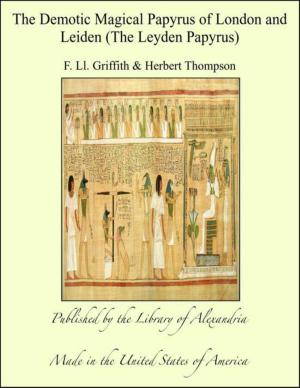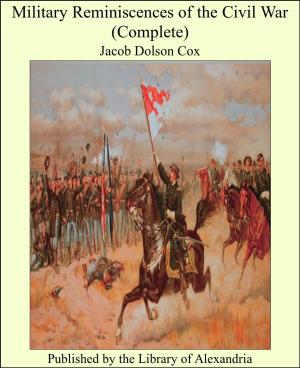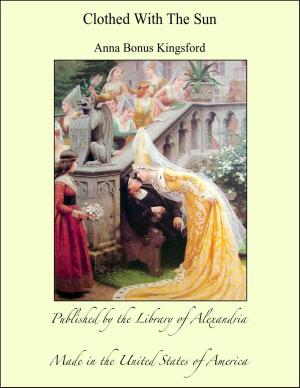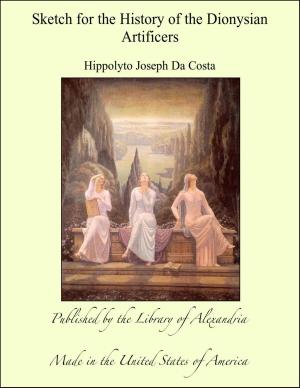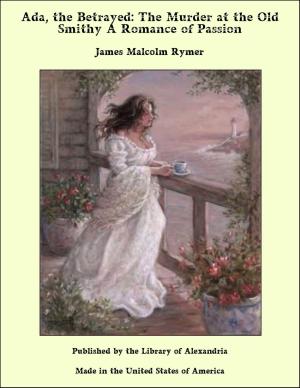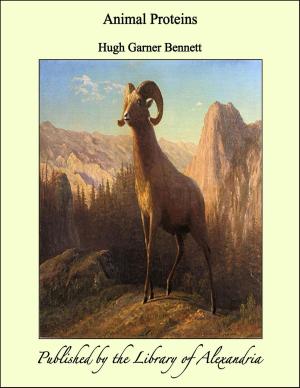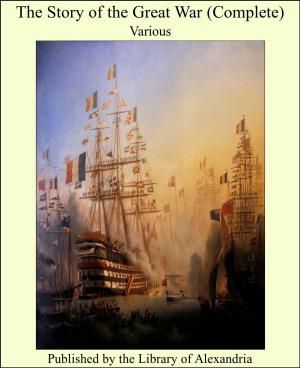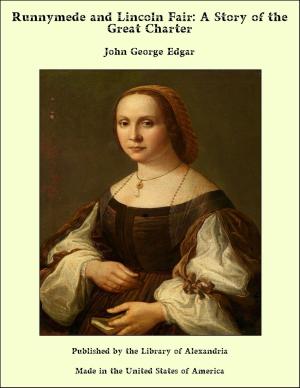| Author: | Vicente Blasco Ibáñez | ISBN: | 9781465514592 |
| Publisher: | Library of Alexandria | Publication: | March 8, 2015 |
| Imprint: | Language: | English |
| Author: | Vicente Blasco Ibáñez |
| ISBN: | 9781465514592 |
| Publisher: | Library of Alexandria |
| Publication: | March 8, 2015 |
| Imprint: | |
| Language: | English |
Señor Blasco Ibáñez has asked me to say a few words by way of introduction to The Cabin which shall be both simple and true. He has watched with conflicting emotions the reception of his words in this country—pleasure as he has realized the warmth of their welcome and the general consensus of critical approval, pleasure not unmixed with Other feelings as he has read the notices in which these opinions have been expressed and the accounts of his career which have accompanied them. Few writers during the past twenty years have lived so much in the public eye; the facts of his life are accessible and clear. Then why invent new ones? "It is necessary," he writes, "to correct all this, to give an account of my life which shall be accurate and authentic, and which shall not lead the public into Further error." Why is the American press entirely ignorant in matters pertaining to Spain? It is guiltless even of the shadow of learning. Not one editor in the United States knows anything about the intellectual life of the peninsula. Why print as information the veriest absurdities? A liberal use of the word perhaps is not a substitute for good faith with the reader. Here is one of the great dramatic literatures of the world, which by common consent is unrivalled except by the English and the Greek, which today is as vigorous as it ever was in its Golden Age during the seventeenth century, yet a fastidious and reputable review published in this city is able to say when the plays of Benavente are first translated in this country, that it "feels that Jacinto Benavente has dramatic talent." Dramatic talent!—a man who has revolutionized the theatre of a race, and whose works are the intellectual pride of tens of millions of people over two continents? Ignorance ceases to be ridiculous at a certain point and becomes criminal. The Irishman who perpetrated this bull should be deported for it. Again, Spain has produced the greatest novel of all time in Don Quixote, she has originated the modern realistic novel, yet the publications may be counted upon the fingers of one hand which can command the services of a reviewer who is able even to name the two leading Spanish novelists of today, much less to distinguish Pío Baroja from Blasco Ibáñez or Ricardo León. This condition must cease, or it will become wilful. The author of The Four Horsemen of the Apocalypse is not a regional novelist
Señor Blasco Ibáñez has asked me to say a few words by way of introduction to The Cabin which shall be both simple and true. He has watched with conflicting emotions the reception of his words in this country—pleasure as he has realized the warmth of their welcome and the general consensus of critical approval, pleasure not unmixed with Other feelings as he has read the notices in which these opinions have been expressed and the accounts of his career which have accompanied them. Few writers during the past twenty years have lived so much in the public eye; the facts of his life are accessible and clear. Then why invent new ones? "It is necessary," he writes, "to correct all this, to give an account of my life which shall be accurate and authentic, and which shall not lead the public into Further error." Why is the American press entirely ignorant in matters pertaining to Spain? It is guiltless even of the shadow of learning. Not one editor in the United States knows anything about the intellectual life of the peninsula. Why print as information the veriest absurdities? A liberal use of the word perhaps is not a substitute for good faith with the reader. Here is one of the great dramatic literatures of the world, which by common consent is unrivalled except by the English and the Greek, which today is as vigorous as it ever was in its Golden Age during the seventeenth century, yet a fastidious and reputable review published in this city is able to say when the plays of Benavente are first translated in this country, that it "feels that Jacinto Benavente has dramatic talent." Dramatic talent!—a man who has revolutionized the theatre of a race, and whose works are the intellectual pride of tens of millions of people over two continents? Ignorance ceases to be ridiculous at a certain point and becomes criminal. The Irishman who perpetrated this bull should be deported for it. Again, Spain has produced the greatest novel of all time in Don Quixote, she has originated the modern realistic novel, yet the publications may be counted upon the fingers of one hand which can command the services of a reviewer who is able even to name the two leading Spanish novelists of today, much less to distinguish Pío Baroja from Blasco Ibáñez or Ricardo León. This condition must cease, or it will become wilful. The author of The Four Horsemen of the Apocalypse is not a regional novelist
![Cover of the book The Cabin [La Barraca] by Vicente Blasco Ibáñez, Library of Alexandria](https://www.kuoky.com/images/2015/march/500x500/9781465514592-Ey2r_500x.jpg)

